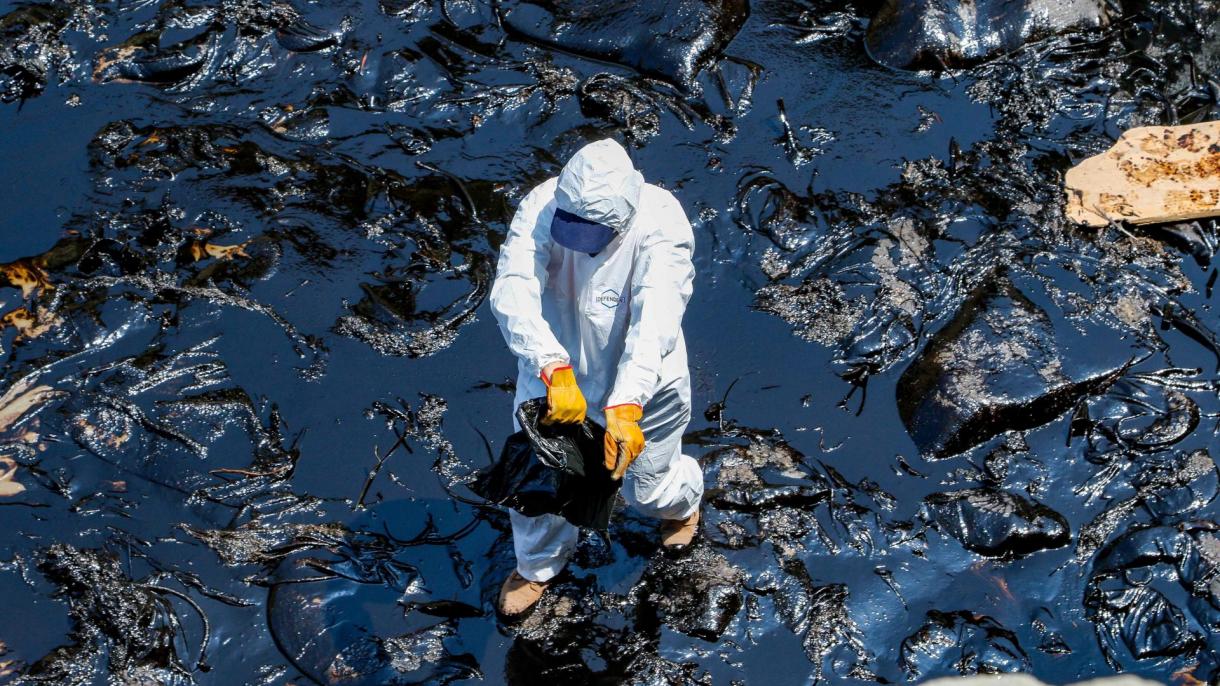
Divesting from fossil fuels—an ever-urgent moral and prophetic action in light of Laudate Deum
Pope Francis’ latest apostolic exhortation is a decisive contribution to a better understanding of what is at stake. Eight years after the release of Laudato Si’, climate change has worsened, and humanity has not taken the right path towards preserving a habitable planet.
If Laudate Deum stresses the importance of international negotiations on climate change, it doesn’t mean all Catholics should wait passively for political leaders to take action. Quite the opposite, it stresses that “society as a whole […] ought to exercise a healthy “pressure” (LD 58).
In addition to praying for political leaders to have wisdom and courage, Catholics can take concrete steps that will “help to bring about large processes of transformation rising from deep within society” (LD 71). One decisive action is to use one’s power as bank customers and asset owners.
Phasing out fossil fuels
Laudate Deum reiterates the Vatican’s long-standing call for a “transition towards clean energy sources such as wind and solar energy, and the abandonment of fossil fuels” (LD 55), pointing out that it “is not progressing at the necessary speed.” Worse yet, “Gas and oil companies are planning new projects… with the aim of further increasing their production… [It] would be suicidal, for it would mean exposing all humanity, especially the poorest, to the worst impacts of climate change” (LD 53).
Although the International Energy Agency states that “there is no need for investment in new fossil fuel supply in our net zero Pathway,” there are thousands of new projects across the globe, including so-called “carbon bombs”—the 425 largest ones in the world. If we want to have a chance to keep global warming below 1,5°C, most of the currently developing fossil fuel projects must not come to fruition.
Behind these new fossil fuel projects, there are different actors. To name a few:
- State-granted licenses to explore and extract
- Fossil fuel companies that carry out the projects
- Banks and investors that help fund the projects. This is where most people can have a direct impact.
Of course, customers eventually buy the energy. While it is important to encourage individuals and businesses to reduce their demand for fossil fuels, this alone will not be enough to address the issue adequately. In the real world, when capital is being put into fossil infrastructure, capital owners will do everything they can to make a profit from these investments: once built, a new fossil fuel project will probably be carried out. On top of that, all the capital invested in fossil fuels is capital that is not being invested where it is most needed—alternative energy sources.
What can we do?
If you are in charge (or know someone in charge) of a Catholic institution holding financial assets, you should divest from fossil fuels. It means making a public statement that you don’t want to make a profit from climate-harming businesses like fossil fuel companies.
You can also, as an individual or Catholic institution, make a statement in action toward climate-harming banks. Check if your bank is funding the fossil fuel industry (and don’t get fooled by “marketing and false information, useful tools in the hands of those with greater resources to employ them to shape public opinion” (LD 29)). If it is, tell them it’s wrong, tell the world it’s bad, and choose a different bank (if possible).
Why it’s the right time
“We barely have time to prevent even more tragic damage” (LD 16), says Pope Francis. There are high hopes that COP 28, the climate negotiations happening in EAU from November 30 to December 12, will deliver new commitments for climate justice, including the phasing out of fossil fuels.
“The demands that rise up from below throughout the world […] can end up pressuring the sources of power” (LD 38). Having Catholics from across the world raise their voices and take essential steps to tackle the financial roots of the expanding fossil fuel extraction can have a big political impact.
Visit our webpage on divestment to learn more and to join our pledge to stop investing in the fossil fuel industry https://laudatosimovement.org/divestment-2023/





